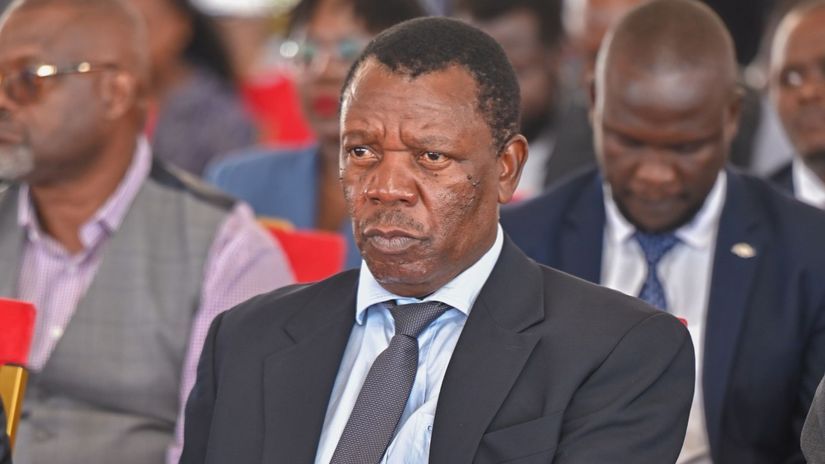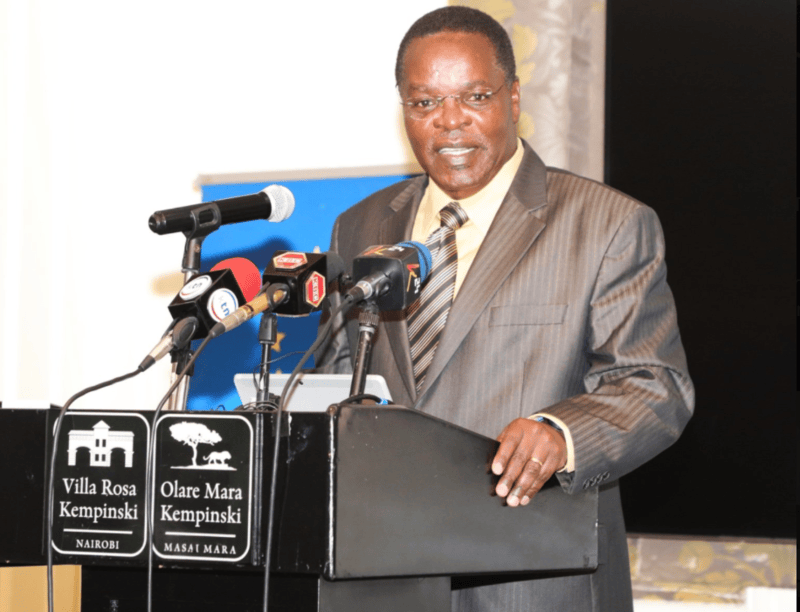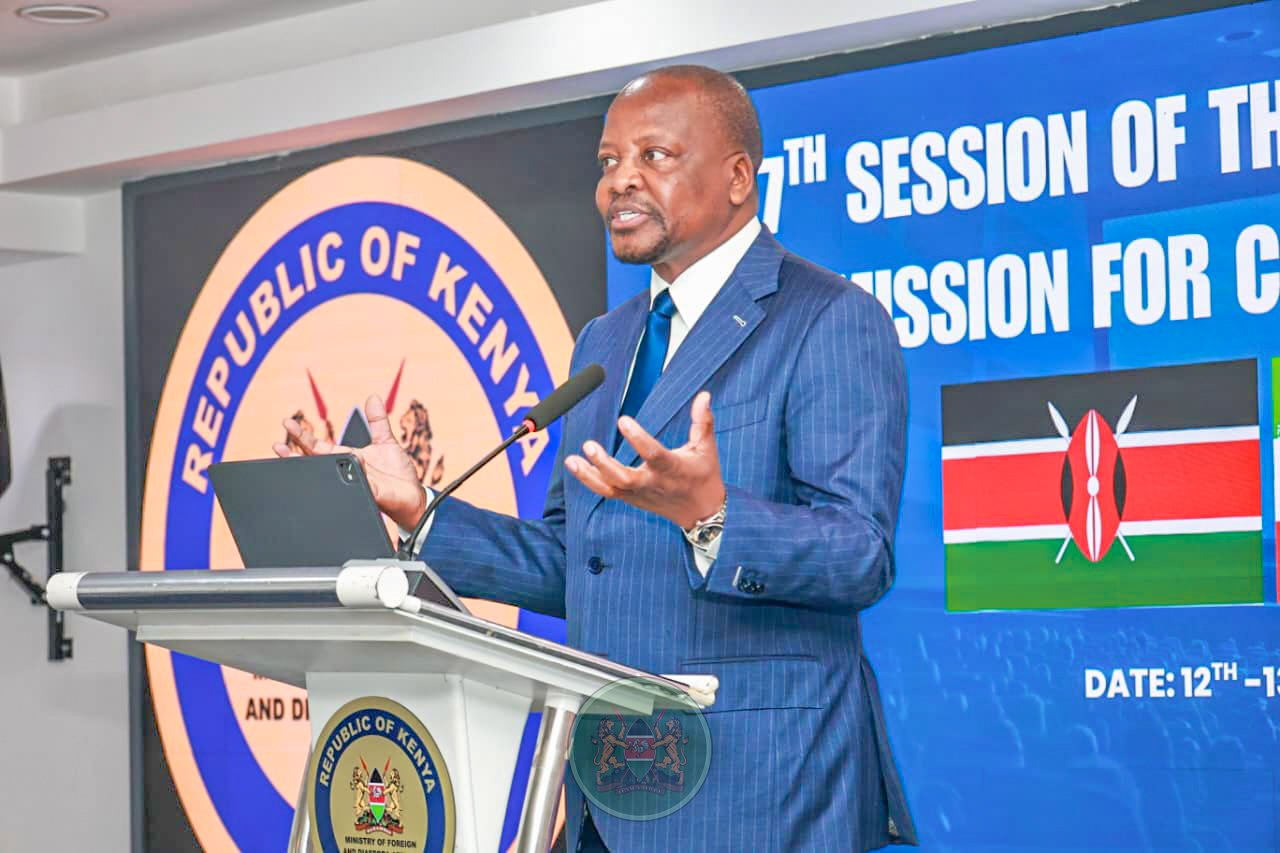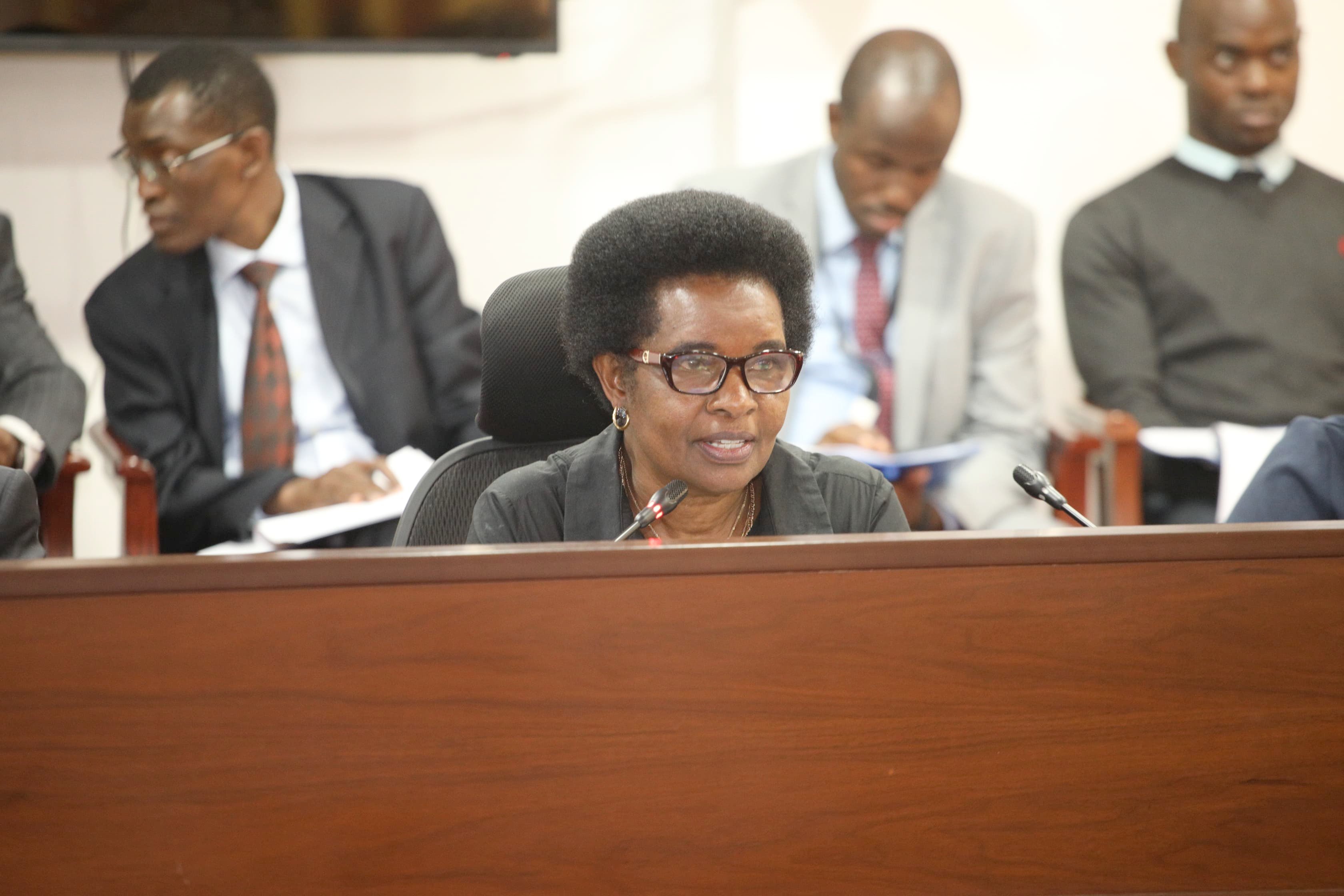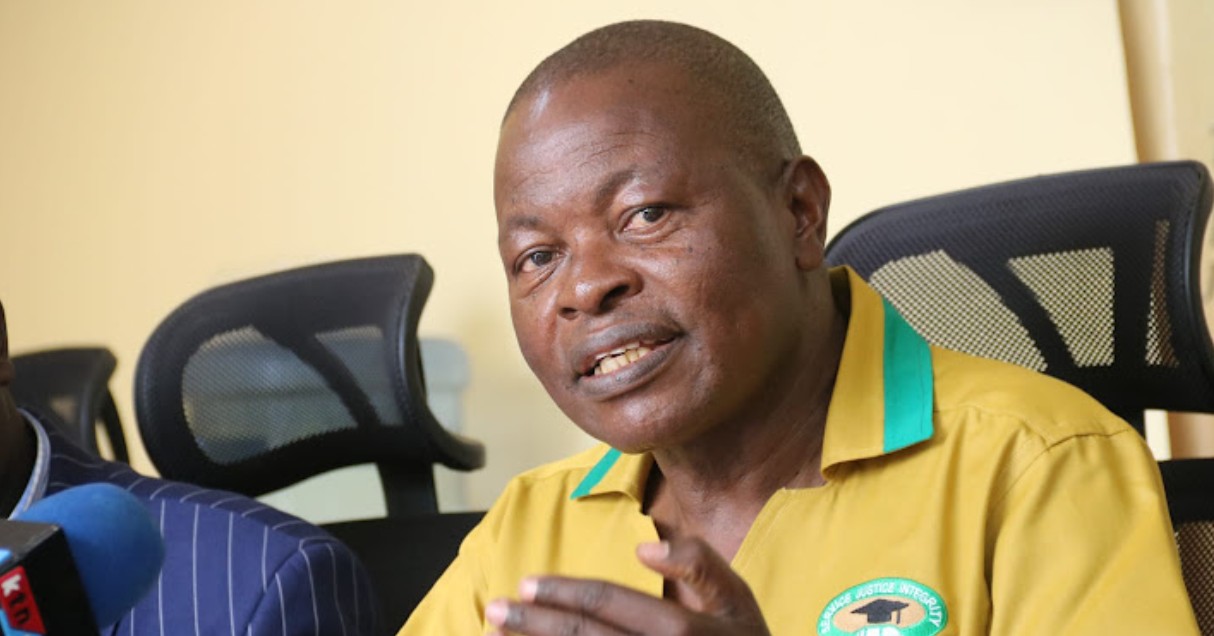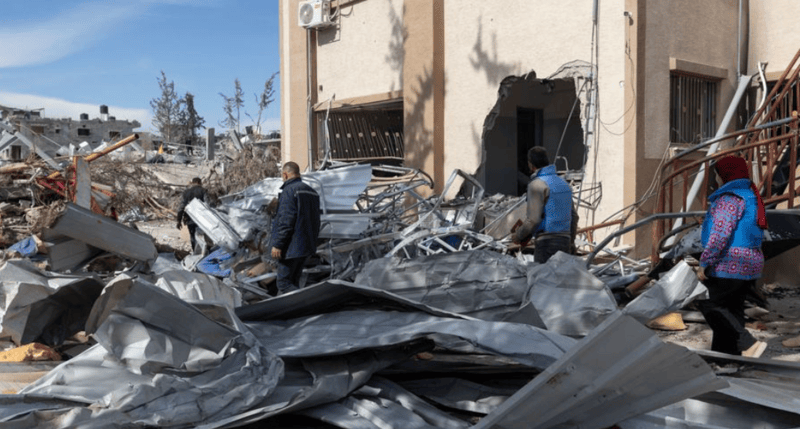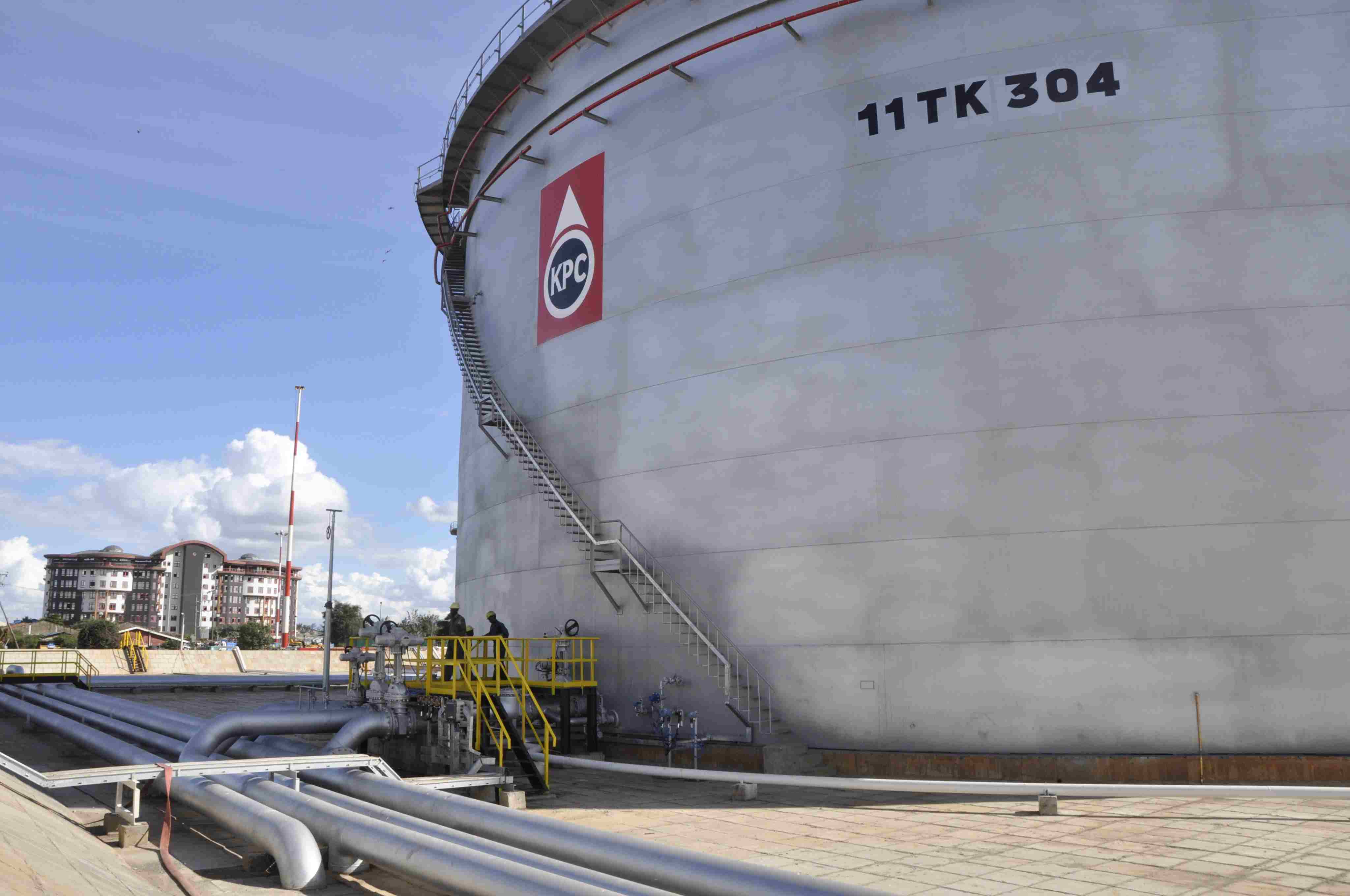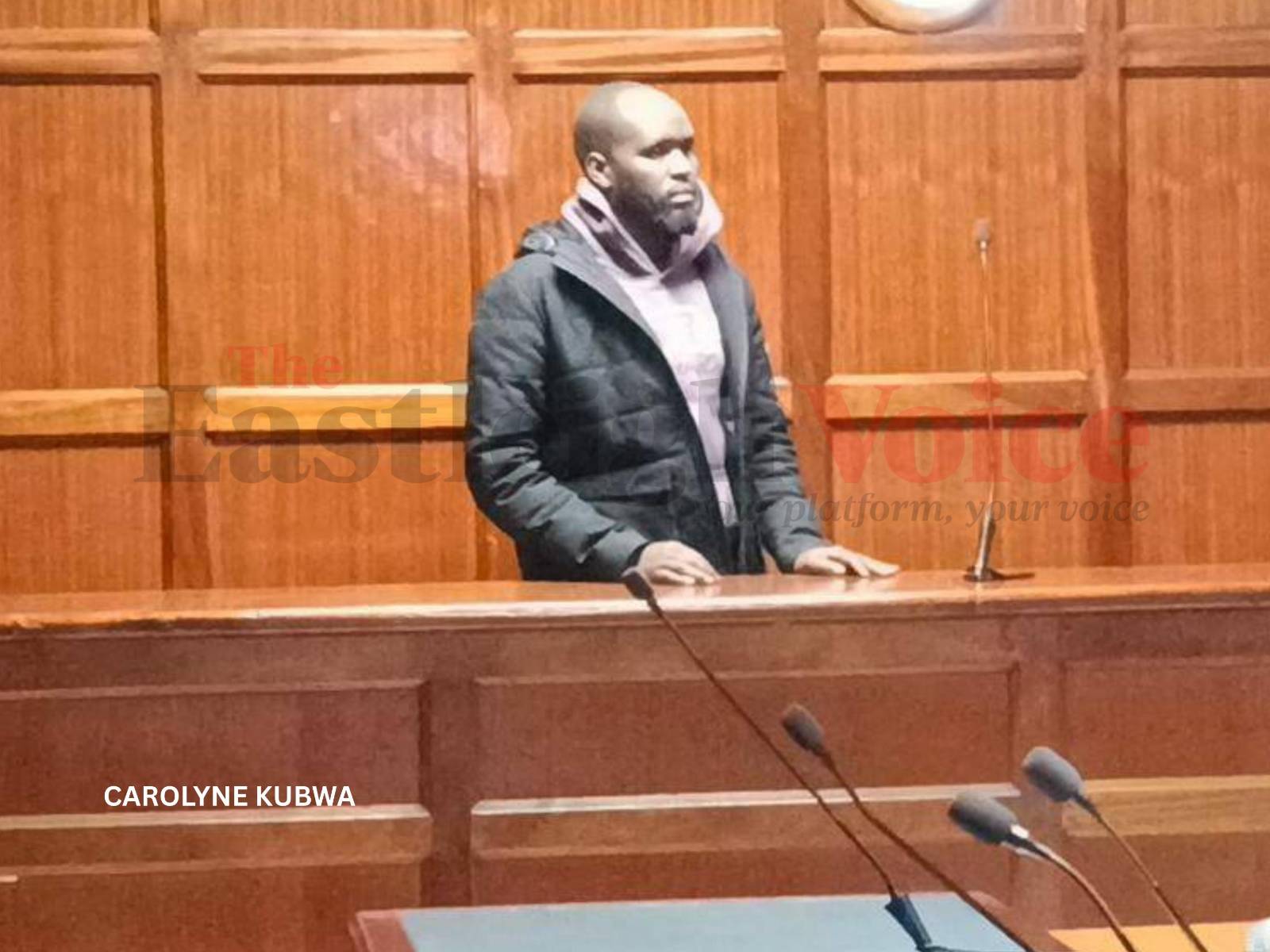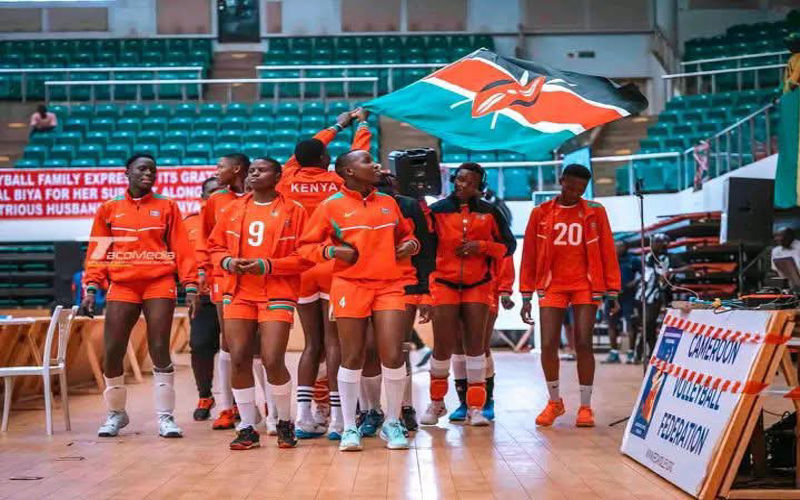MPs demand rescue plan for struggling HELB, Jomo Kenyatta Foundation

HELB CEO Geoffrey Monari told the committee that the board is grappling with a sharp rise in loan defaults, which is undermining the sustainability of the revolving fund model that supports students from disadvantaged backgrounds.
Two of Kenya’s most critical education institutions are teetering on the brink of collapse, prompting MPs to call for urgent government intervention to shield students from the fallout.
The Public Investments Committee on Governance and Education heard distressing submissions from the Higher Education Loans Board (HELB) and the Jomo Kenyatta Foundation (JKF) during a session chaired by Sotik MP Francis Sigei.
More To Read
- Education ministry launches county forums to address capitation issues, stalled promotions
- KUCCPS opens applications for diploma upgrade in teacher training
- Education CS Julius Ogamba defends 40 per cent varsity fee cut, cites higher enrolment
- HELB offers 80 per cent penalty waiver to loan defaulters in new recovery push
- Gatoto Primary alumni demand return of school to community after court win
- MoE reshuffles county education directors in latest shake-up
The session laid bare the depth of the financial crisis at the institutions, leading to immediate calls for action from the Ministry of Education.
HELB CEO Geoffrey Monari told the committee that the board is grappling with a sharp rise in loan defaults, which is undermining the sustainability of the revolving fund model that supports students from disadvantaged backgrounds.
Monari said HELB is working with law enforcement agencies to identify and trace former beneficiaries — both within Kenya and abroad — who have yet to begin repaying their loans.
“This is not just a financial issue. It’s about fostering a sense of responsibility and patriotism among those who have benefited from the fund. Compliance ensures we can support future generations from needy backgrounds,” he said.
MPs urged HELB to go beyond pursuing defaulters. They called on the board to actively engage the public through awareness campaigns and personal testimonials to promote a culture of repayment.
They also challenged the board to explore alternative funding sources rather than relying solely on Treasury allocations.
The Jomo Kenyatta Foundation is also in deep financial trouble. Its Managing Director, David Mwaniki, revealed that the foundation recorded a loss of Sh286.6 million, bringing total accumulated losses to over Sh592 million.
He attributed the downturn to changes in government policy that disrupted textbook sales, JKF’s primary source of revenue.
According to Mwaniki, the foundation’s working capital has been completely eroded, rendering it unable to meet its financial obligations. He said an official request for emergency financial assistance has already been submitted to the Ministry of Education.
Despite its current challenges, JKF could be given a fresh lease of life. The Presidential Working Party on Education Reforms has recommended designating JKF as the government’s official provider of last-resort scholarships, a role that would attract direct state funding and potentially restore its financial stability.
MPs highlighted the urgent need to safeguard both institutions, describing them as pillars of the country’s education system and national development.
“Education is the backbone of our nation’s future. We must not allow these institutions to collapse. Their survival is a matter of national interest,” said Sigei.
The committee resolved to summon the Education Cabinet Secretary to present a comprehensive action plan to rescue the two institutions from financial collapse.
Top Stories Today
